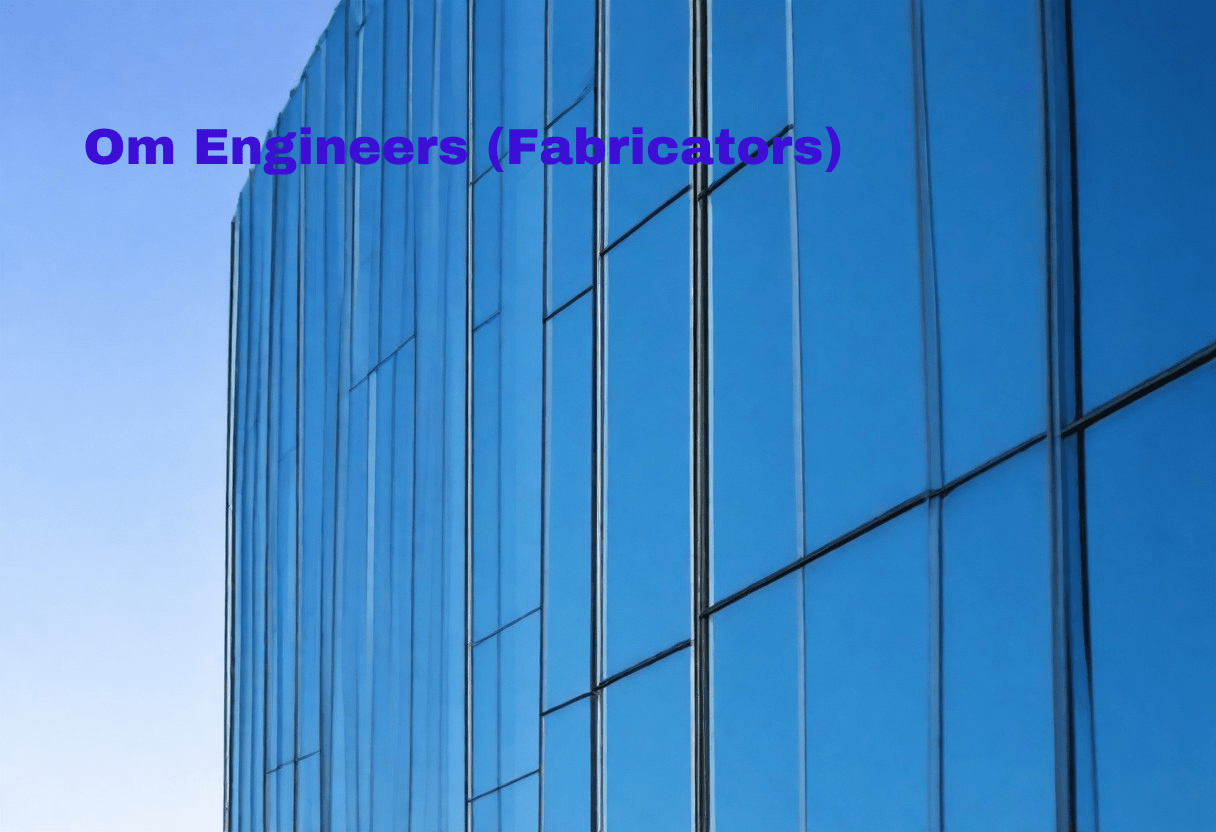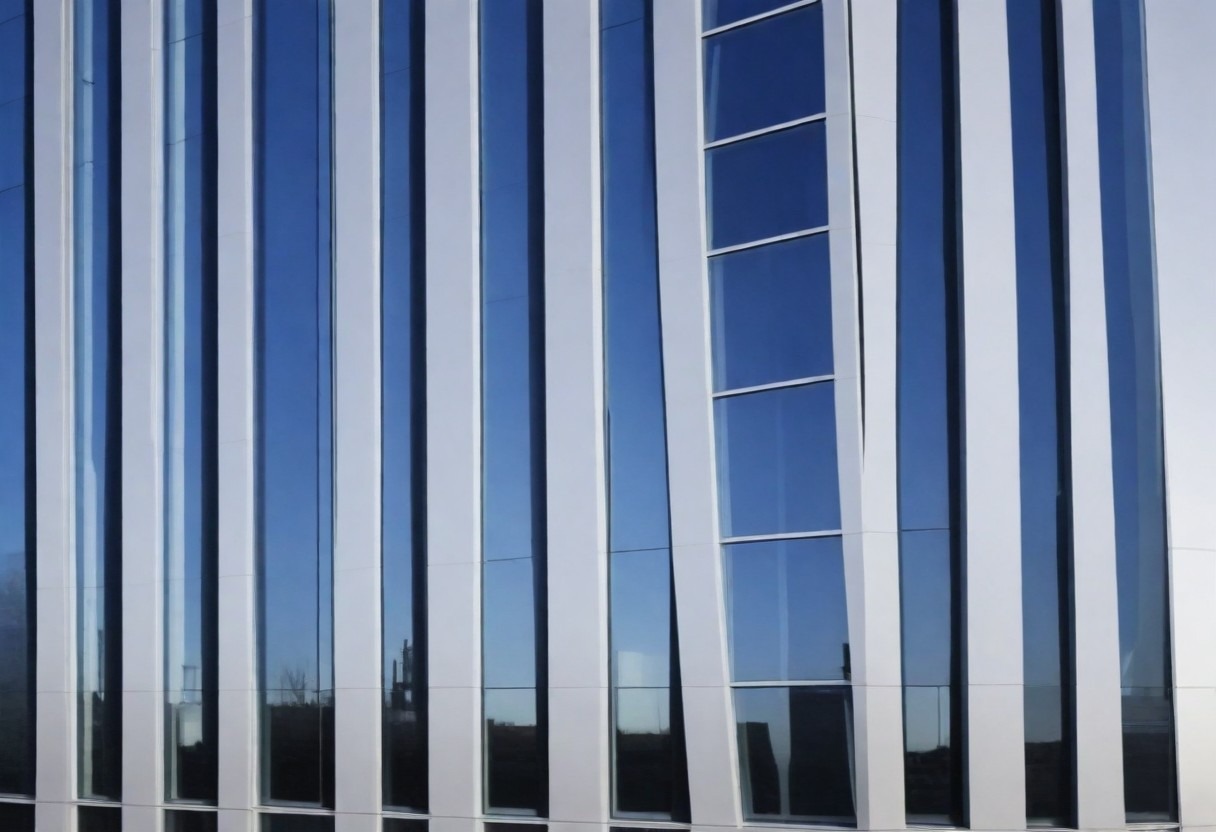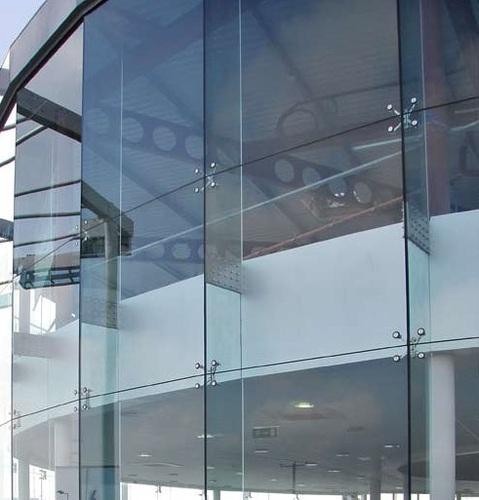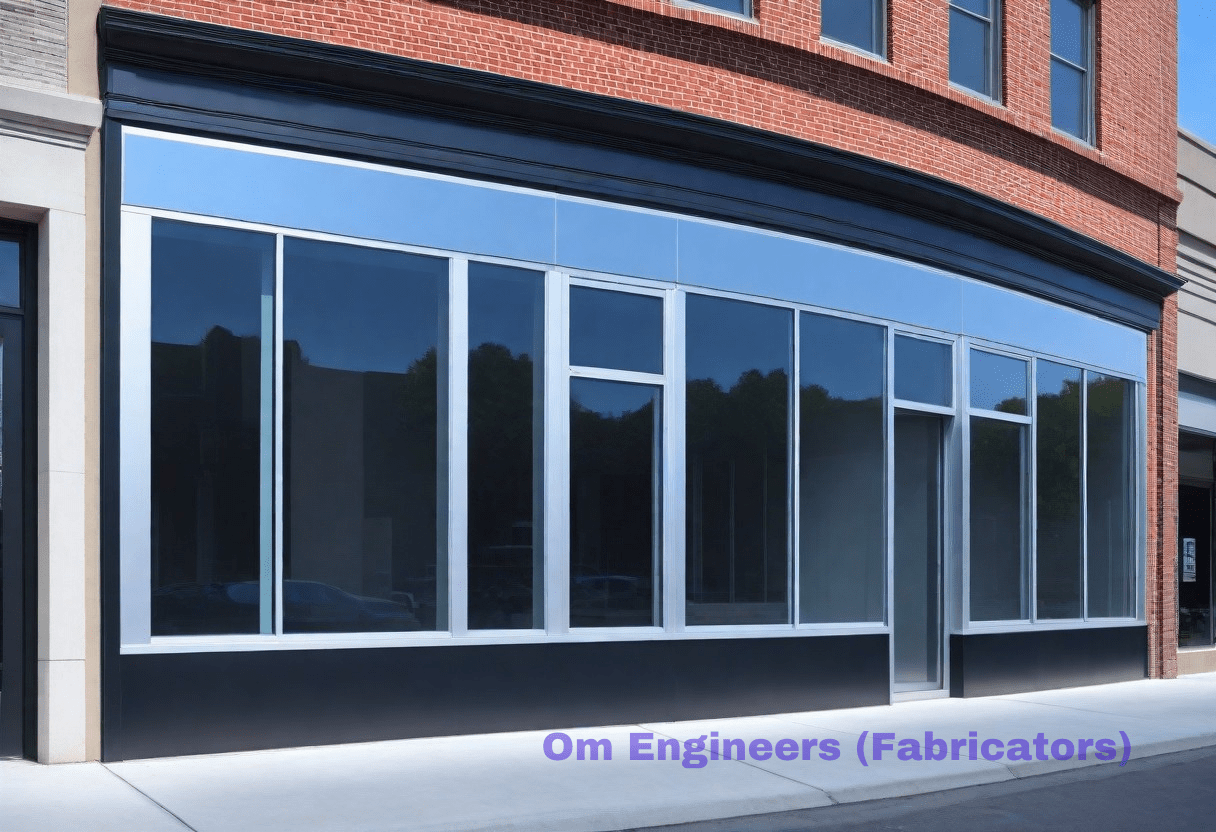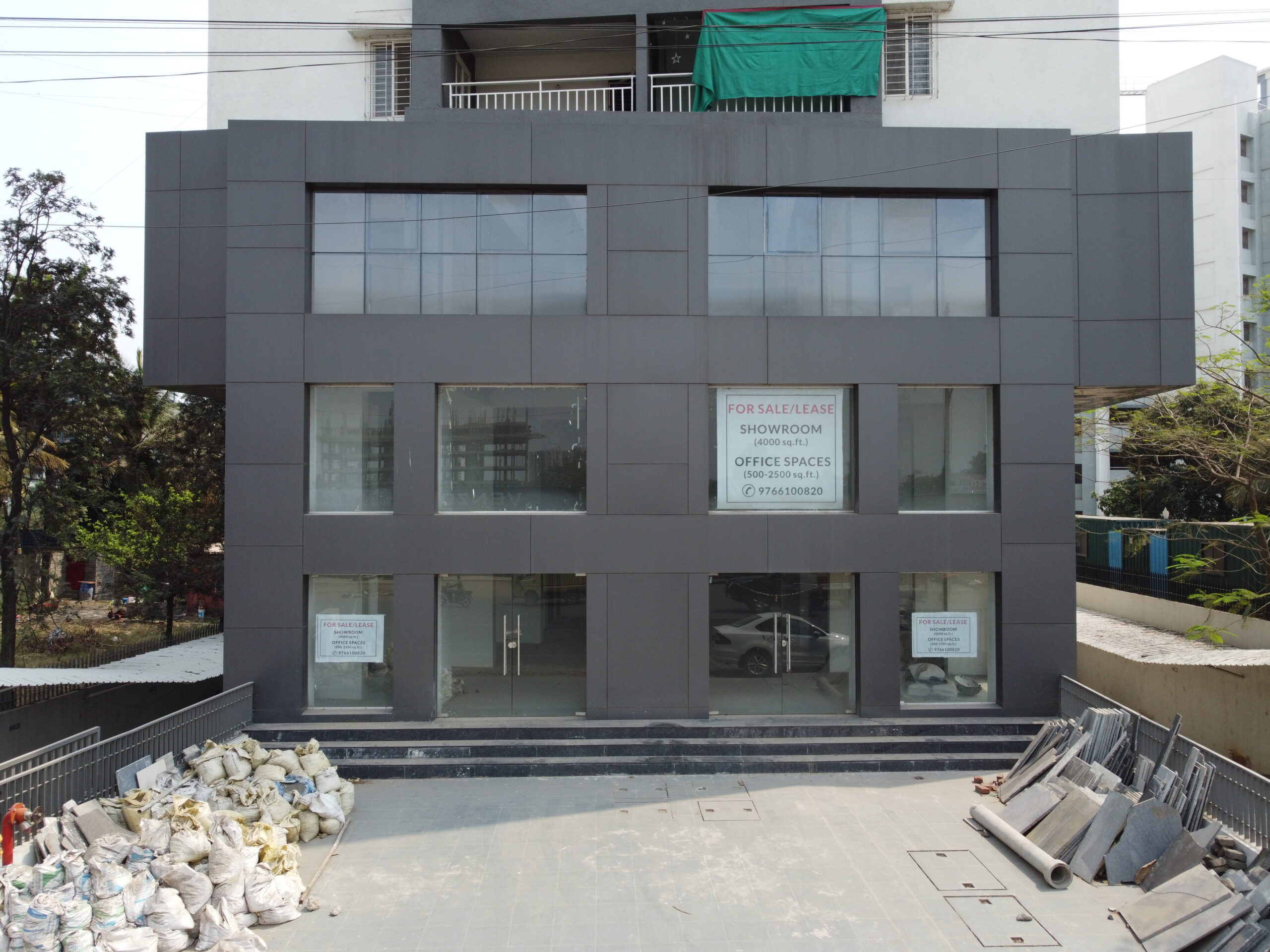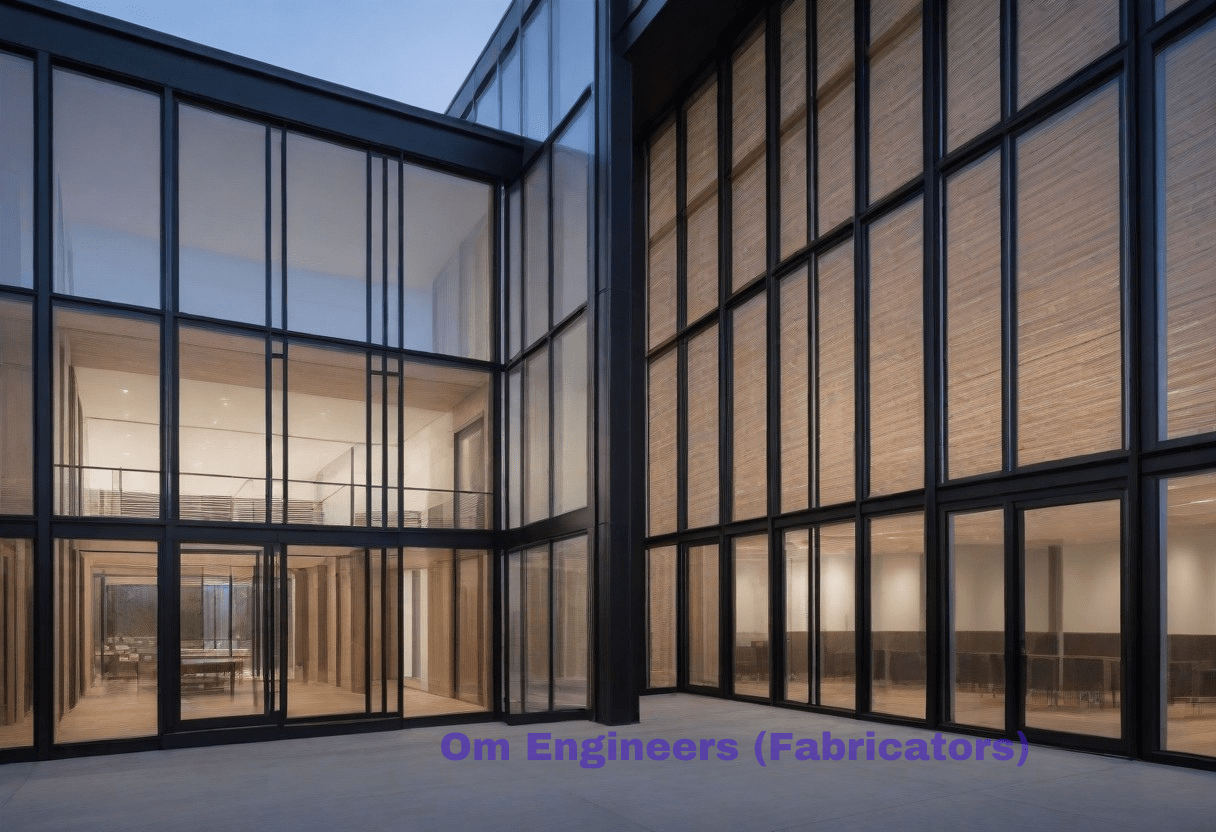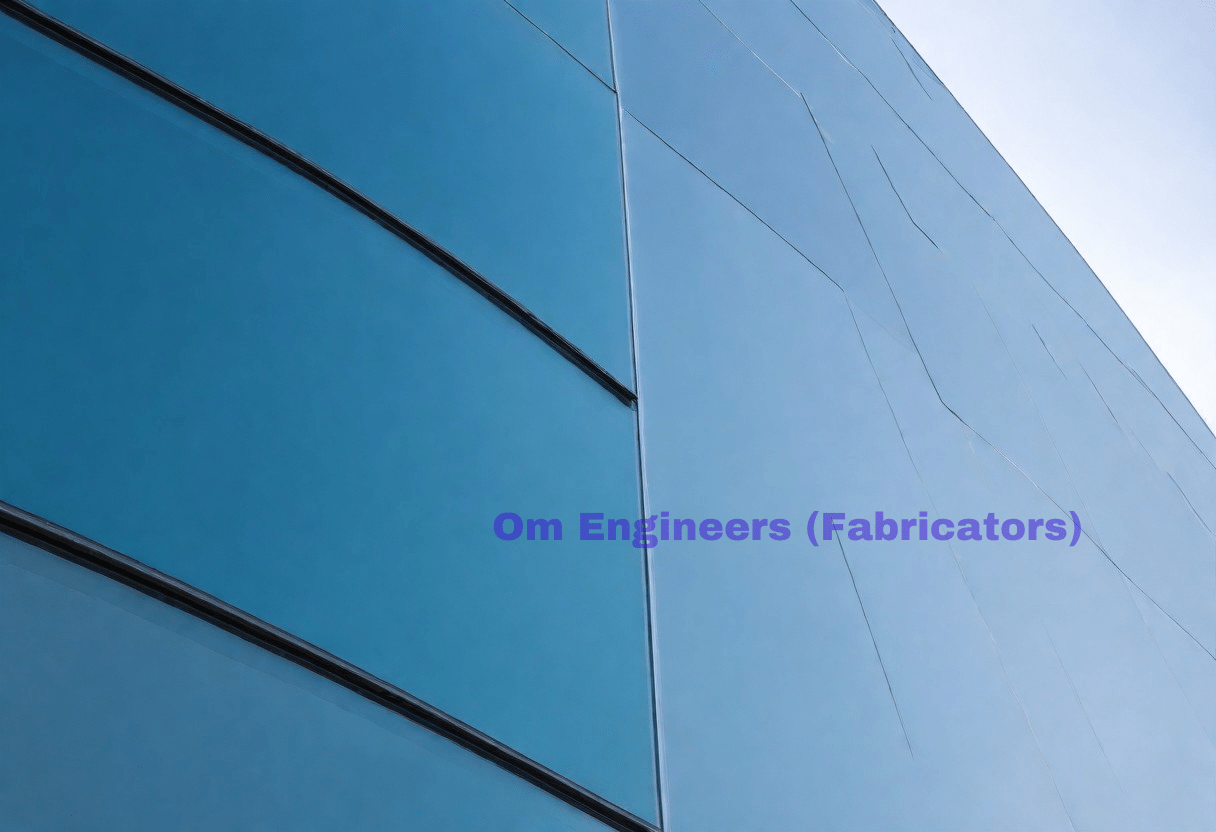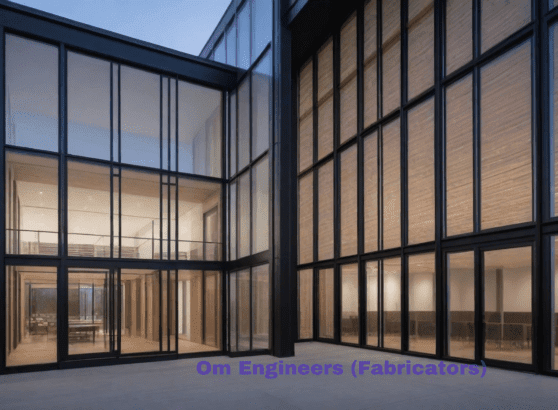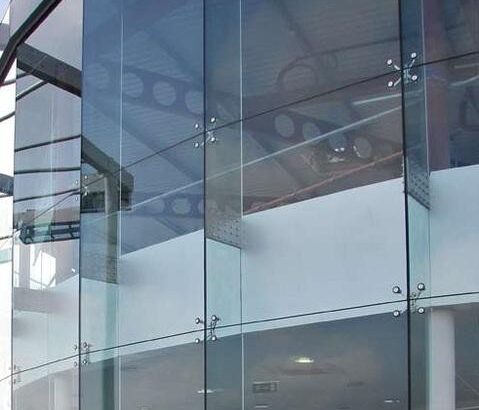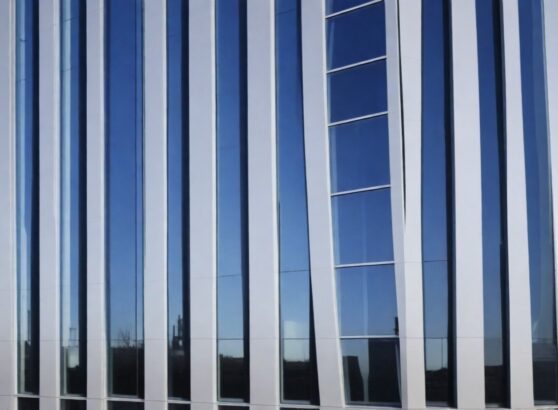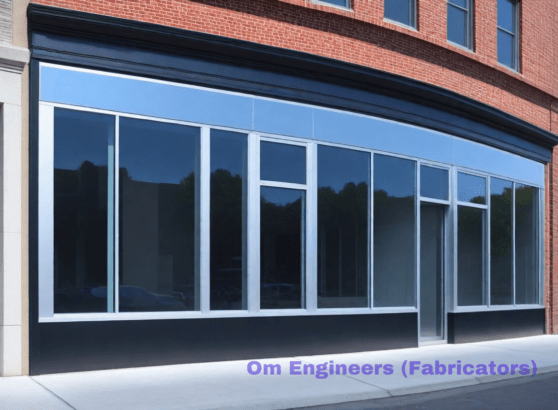In the dynamic landscape of sustainable architecture, energy-efficient facade solutions have emerged as a cornerstone in the quest for environmentally responsible building design. This comprehensive guide delves into key questions surrounding energy-efficient facade solutions, offering actionable insights to help you create buildings that are both eco-friendly and economically viable.
Discover our innovative new project on Google Business Profile, showcasing our commitment to excellence and customer satisfaction.
Which Facade Generates Electricity?
Integrating photovoltaic (PV) panels into building facades is a transformative approach to sustainable architecture. These solar-active facades harness sunlight to generate electricity, effectively reducing dependence on non-renewable energy sources. By seamlessly integrating renewable energy generation into the building envelope, PV facades not only promote energy self-sufficiency but also contribute to reducing carbon emissions, making them a cornerstone of sustainable building design.
Which Building Material is More Energy Efficient?
When it comes to energy efficiency, the choice of building material is paramount. Insulated concrete and aerated concrete blocks have emerged as leaders in this regard, offering superior thermal performance and energy efficiency. These materials minimize heat transfer and reduce the need for mechanical heating and cooling systems, thereby significantly lowering energy consumption and operational costs over the building’s lifespan.
How Can We Achieve Energy Efficiency in Buildings?
Achieving energy efficiency in buildings requires a multifaceted approach that combines passive design strategies, advanced technologies, and sustainable practices. Key considerations include optimizing orientation, utilizing high-performance insulation, installing energy-efficient glazing systems, and integrating renewable energy solutions. By adopting these strategies, buildings can minimize energy consumption, enhance occupant comfort, and reduce environmental impact, thereby fostering a more sustainable built environment.
How Do You Make a Sustainable Facade?
Creating a sustainable facade involves thoughtful consideration of material selection, design principles, and lifecycle analysis. By choosing eco-friendly materials, optimizing performance through passive design strategies, and conducting lifecycle assessments, buildings can minimize environmental footprint and maximize sustainability. Additionally, community engagement plays a crucial role in promoting awareness and advocacy for sustainable building practices, fostering a collective commitment to creating a brighter, greener future.
Our Solution: Implementing Energy-Efficient Facades
At Om Engineers (Fabricator), we specialize in providing comprehensive solutions for energy-efficient facades. Our team of experts offers a range of services, including consultation, design, and installation, tailored to meet your specific needs and sustainability goals. Whether you’re renovating an existing building or embarking on a new construction project, we’re here to guide you every step of the way towards achieving optimal energy efficiency and sustainability.
Ready to embark on your journey towards energy-efficient facade solutions and sustainable building design? Contact us today at +919922444544 for expert guidance and personalized assistance. Together, let’s build a brighter, greener future for all.
Unitized Facades: A Guide by Om Engineers
The Artistry of Spider Glass Facades
Storefront Wall Curtain Facades
Semi-Unitized Facades by Om Engineers (Fabricator)
Residential Glass Facades: Answering Key Questions
Framing Facades: Elevating Architectural Design with Innovative Solutions
Frameless Facades: Embracing Modernity
Curtain Wall Facades: Your Ultimate Guide
Commercial Glass Facades: Transforming Skylines
- 1
- 2


